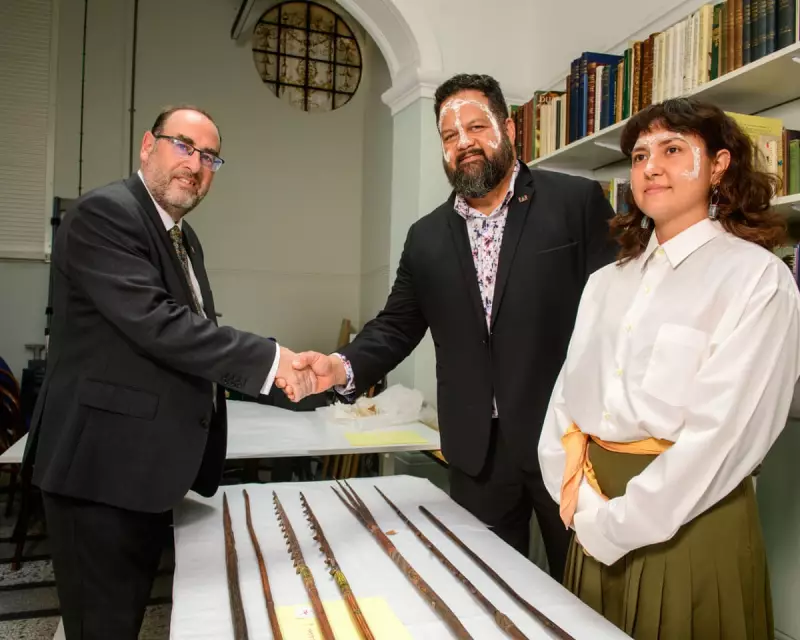
In a move hailed as a watershed moment for post-colonial justice, the city of Bristol has formally repatriated a collection of sacred cultural artefacts to the Larrakia people, the traditional custodians of the land around Darwin, Australia.
The handover ceremony, held with profound respect and solemnity, marks the culmination of a years-long campaign by the Larrakia community to reclaim items of immense spiritual and cultural significance. The collection includes intricately crafted spears, dilly bags, and other ceremonial objects, some of which are believed to be over a century old.
This act represents one of the most significant repatriations of its kind from a UK cultural institution to an Indigenous Australian community. For the Larrakia people, these are not mere museum exhibits but living ancestors, essential to preserving their cultural memory and passing knowledge to future generations.
A Long Journey Home
The artefacts were originally acquired by British colonists in the late 19th and early 20th centuries, a period when such items were often taken without consent or understanding of their profound cultural value. Their journey back to their rightful home began with a formal claim by the Larrakia nation, supported by extensive historical research.
Bristol's museum service engaged in meticulous consultations with Larrakia elders, recognising the ethical imperative to right historical wrongs. This process underscores a growing global shift amongst museums to decolonise collections and address the often-painful legacies of colonial acquisition.
Setting a New Precedent
This repatriation is seen as a blueprint for other institutions across the United Kingdom and Europe, many of whom hold vast collections of culturally sensitive material from indigenous communities worldwide. It demonstrates a commitment to ethical stewardship and a move away from a possessive view of cultural heritage.
A senior representative from Bristol's museum service stated the return was not just the right thing to do, but an essential step in building a new, more respectful relationship with global indigenous communities.
For the Larrakia, the return is an emotional and powerful moment of healing and cultural revival, ensuring that these sacred items can once again fulfil their intended role within the community.





